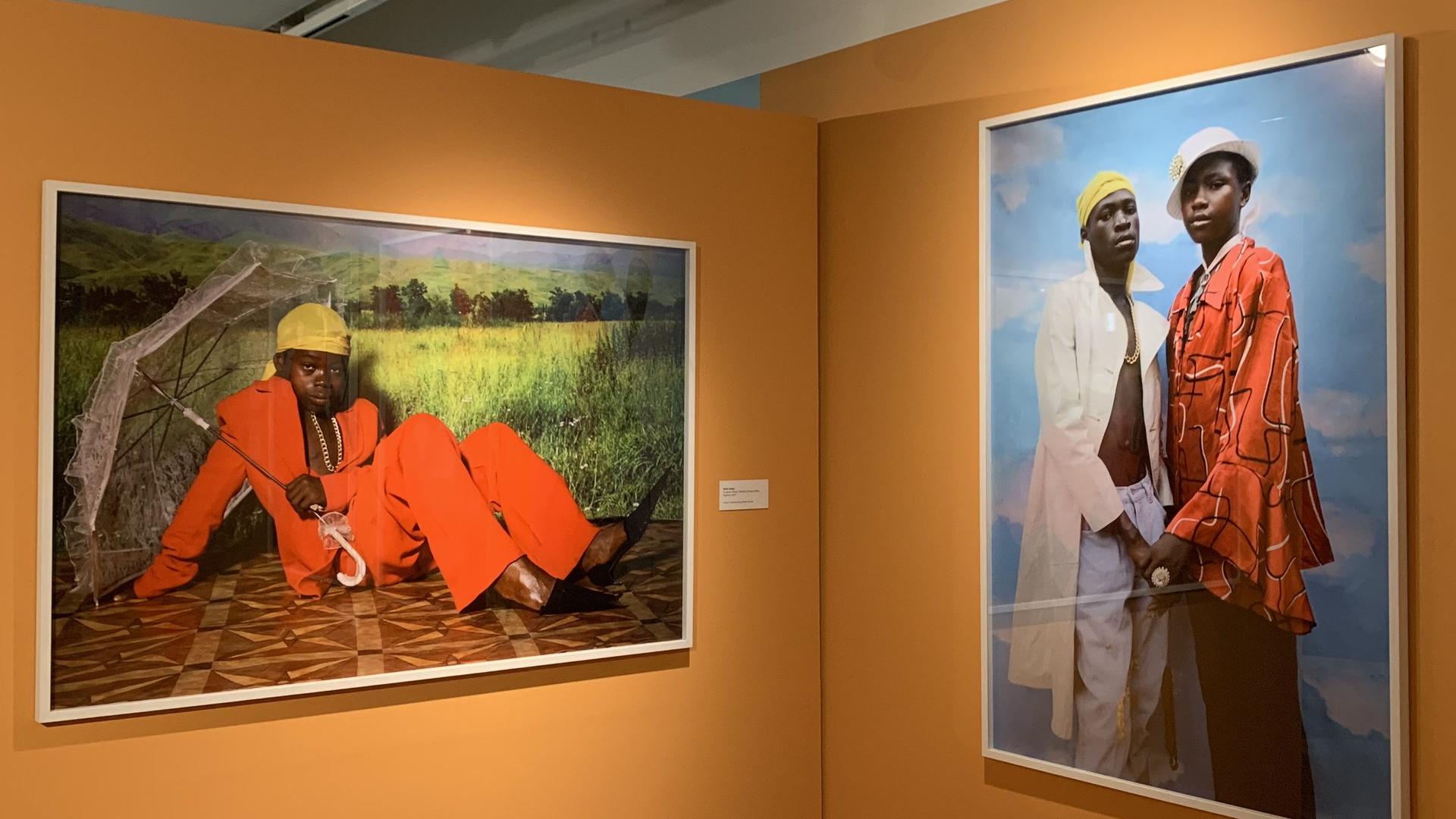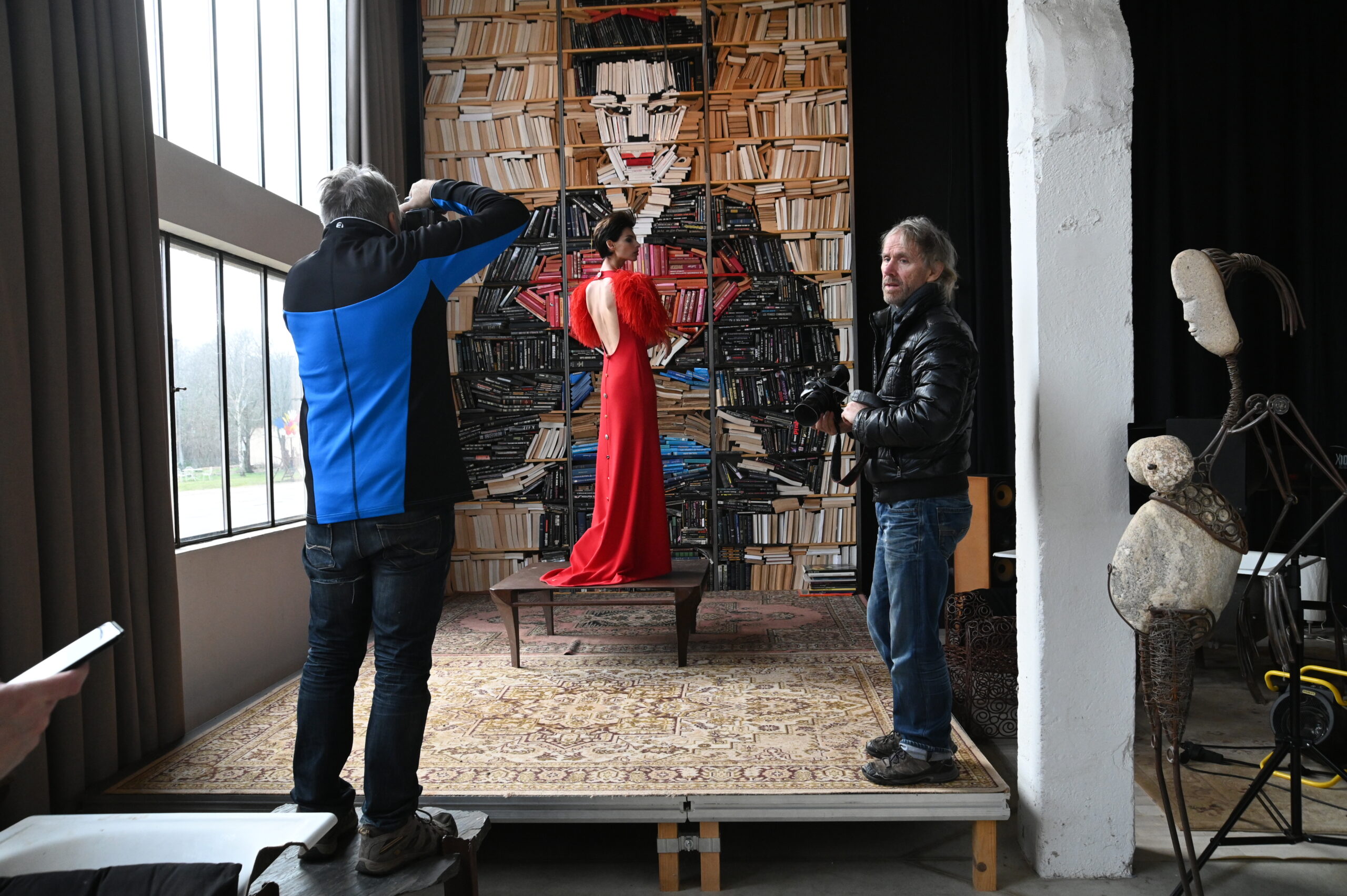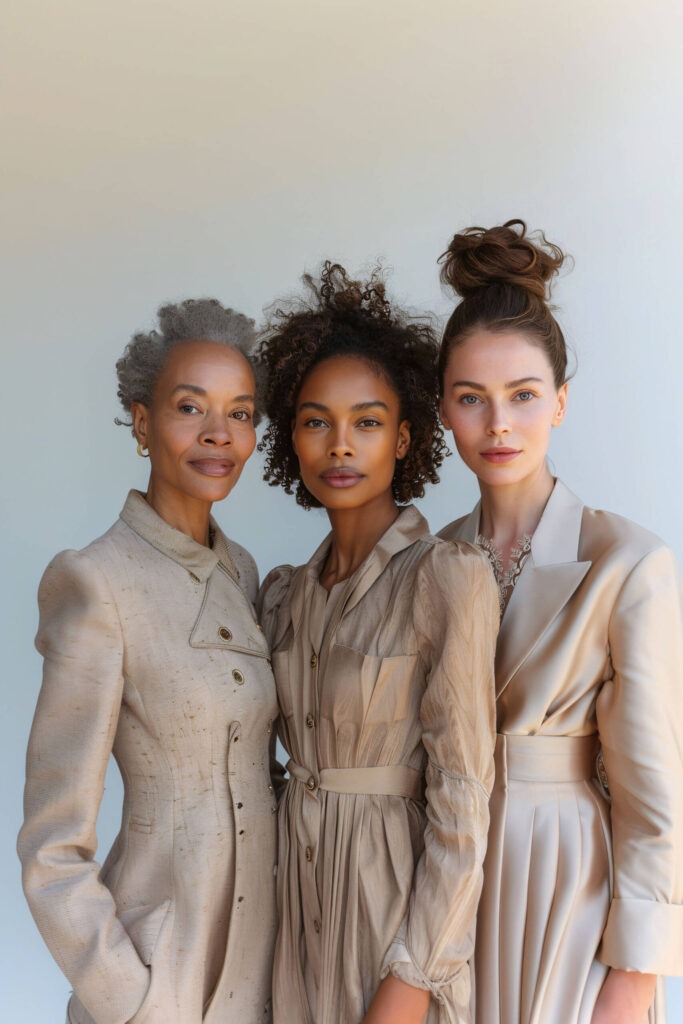Before the read
It is when athletes use their influence to challenge injustice and inspire social change.
By breaking barriers on and off the field and amplifying voices for equality.
Because new generations of athletes see advocacy as part of their identity.
Athlete Activism: How Black Athletes Broke Barriers and Inspired Change
Athletes have always been considered powerful agents of influence. History tells us that Black athletes have been the most influential voices in sport over the last fifty years, using both their talent and their platforms to inspire change. Excelling on the field for the love of the sport is one thing. But stepping out of your comfort zone to speak out for justice is the very essence of athlete activism—and it isn’t everybody’s cup of tea.
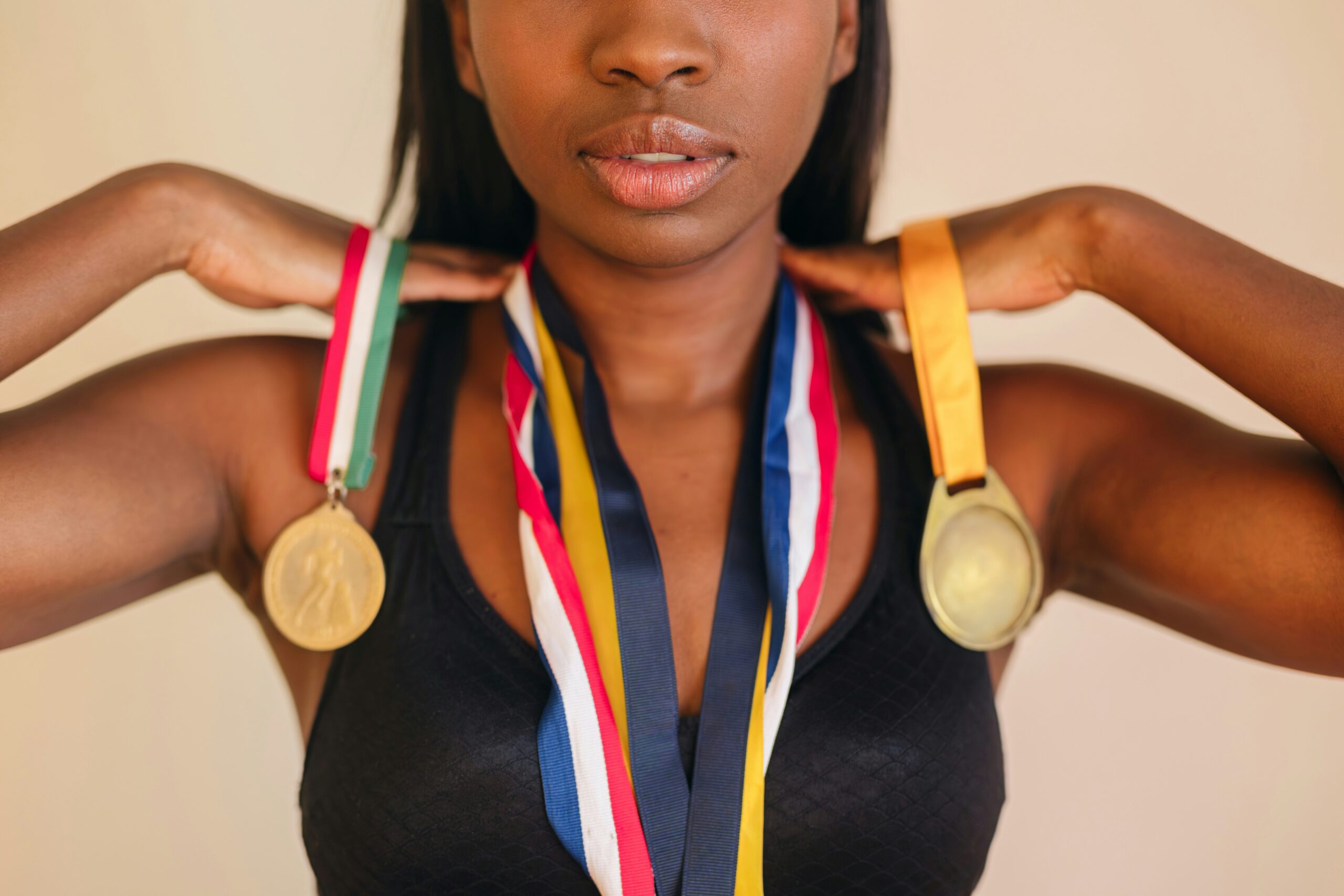
For this piece, we’ll look at the history of Black athletes whose words and actions impacted the lives of millions across the globe. Not only did these Black athletes embody persistence and courage, but they also left a lasting impact on generations to come.

Historical Trailblazers
In 1936, Jesse Owens arrived on the Olympic stage in Berlin, where Adolf Hitler sought to showcase Aryan superiority. Owens shattered that illusion by winning four gold medals, proving that talent knew no racial bounds. Despite being an Olympic hero, Owens faced discrimination back home in America, even denied the honor of walking through the front doors of a hotel hosting his own victory celebration. His grace and determination, however, made him an enduring symbol of perseverance in the face of prejudice.
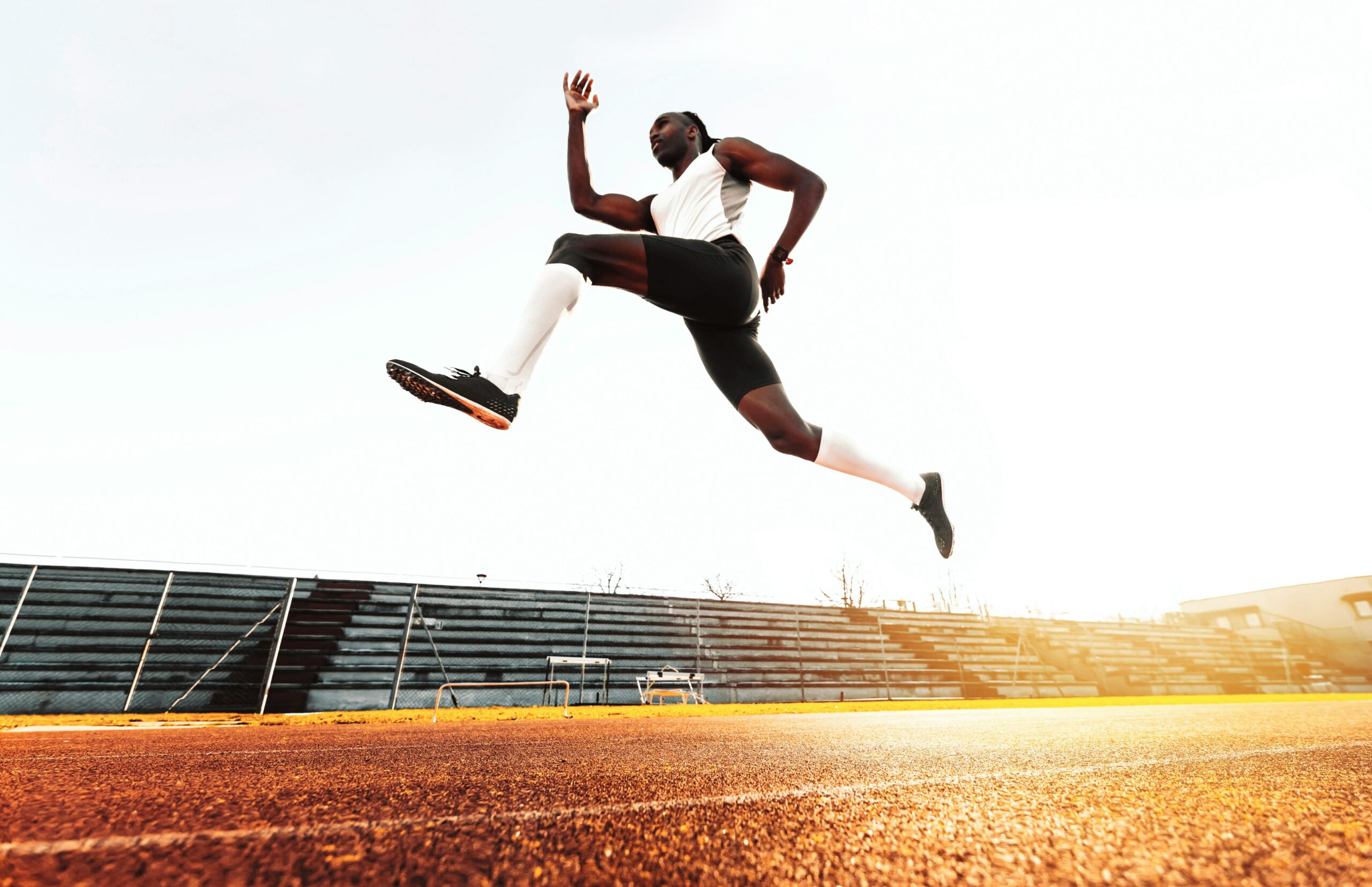
Breaking barriers was no less difficult for Althea Gibson, a Black woman in the all-White world of professional tennis. At a time when segregation kept Black athletes from competing in major tournaments, she refused to be denied. With unshakable resolve, Gibson became the first Black athlete to win a grand slam, opening the doors of Wimbledon and the US Open to future generations.
Black Athletes as Modern Advocates
Following in the footsteps of these all-time greats, modern athletes continue to use their voices to challenge injustice and advocate for social change.
Serena Williams, one of the most dominant athletes in tennis history, has redefined excellence on the court and become a vocal advocate for gender equality and racial justice.
Despite her record-breaking achievements, Williams has faced harsh scrutiny that often goes beyond criticism of her performance—whether it be about her physique, her emotions on the court, or the barriers she has had to overcome as a Black woman in a predominantly White sport.
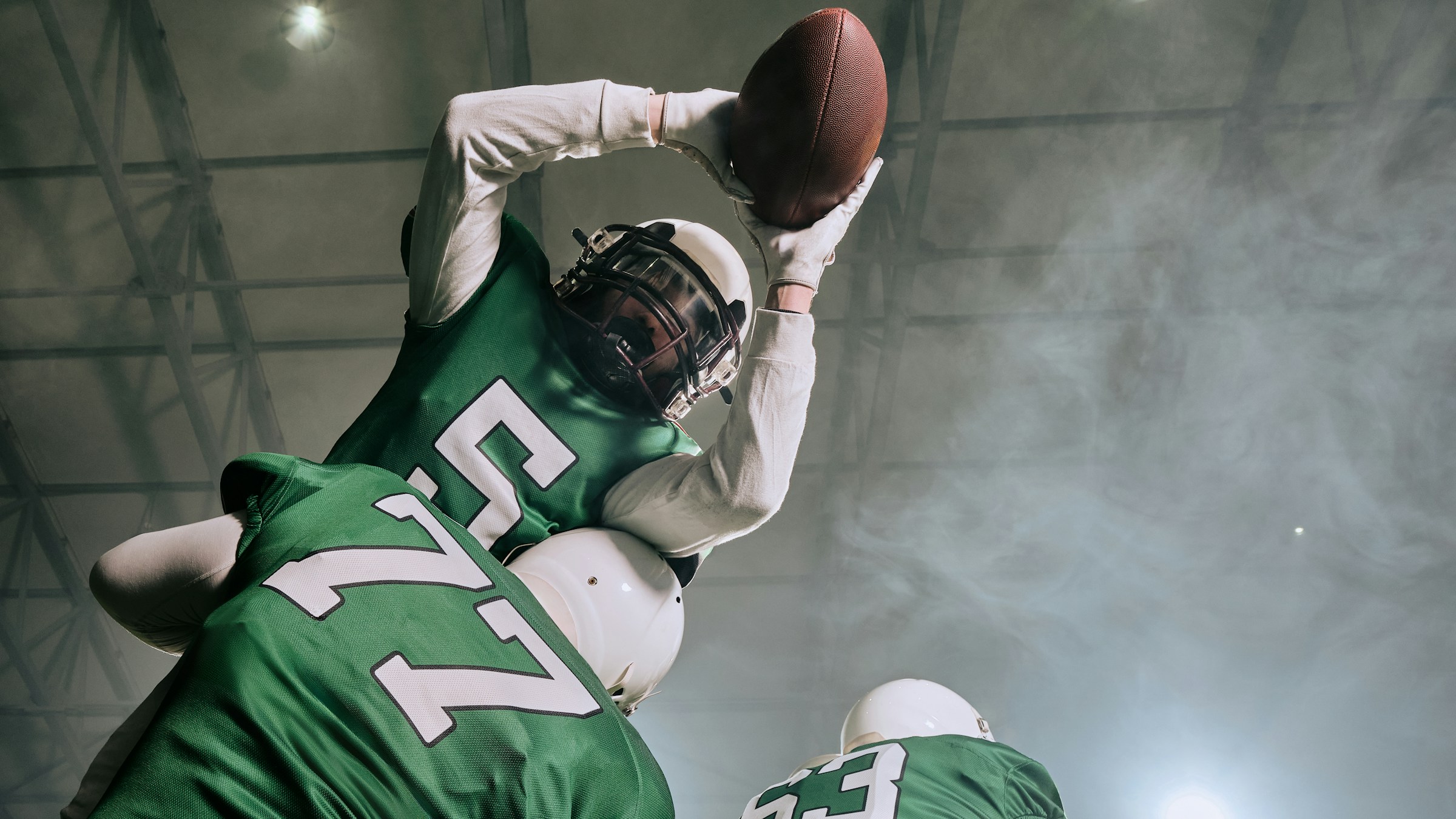
Similarly, Colin Kaepernick turned the NFL into a stage for political protest. In 2016, the former San Francisco 49ers quarterback took a knee during the national anthem to protest police brutality and racial injustice. His silent act of defiance sparked a nationwide debate, with some condemning his actions as unpatriotic while others saw it as a courageous stand for civil rights.
The backlash effectively ended his professional football career, yet Kaepernick remained undeterred. He has since become a leading voice in activism, launching initiatives to support communities affected by systemic racism.
Impact Beyond Sports
And the criticism Black athletes face isn’t confined to their craft. Serena Williams has consistently spoken out against double standards in the media and the pay gap in sports, advocating for women—particularly women of color—to receive the respect and recognition they deserve. Williams’s advocacy for maternal health after her own life-threatening experience during childbirth has fueled broader awareness about the alarming mortality rates among Black mothers.
For Kaepernick, raising his voice against law enforcement brutality has also resonated in other sports. Basketball players wore “I Can’t Breathe” shirts in solidarity, soccer players knelt before matches, and countless others used their platforms to amplify Kaepernick’s message. His protest became more than a moment—it became a movement.
Beyond these high-profile figures, others like Simone Biles and Naomi Osaka have reshaped the conversation around mental health. Biles’s decision to withdraw from events at the Tokyo Olympics, citing mental health concerns, was a groundbreaking moment, challenging the stigma surrounding mental well-being in elite sports.
Osaka has similarly used her voice to highlight racial injustice, wearing masks during the US Open adorned with the names of Black victims of police violence, turning each match into a statement of resistance and remembrance.
The Future of Athlete Activism
The future of advocacy in sports is bold, relentless, and deeply interconnected with social change. These athletes are no longer just competitors or entertainers but have evolved into powerful activists who use their voices to drive change. The next generation of athletes embraces advocacy as part of their identity and fearlessly speaks out on issues like gender discrimination and mental health. Silence is no longer an option, and being vocal is what will drive us toward change.
Athletes of the past, like Owens and Gibson, and those of today, such as Williams and Kaepernick, have demonstrated the immense power of their platforms. They inspire movements, challenge the status quo, and drive society forward. As the next generation embraces this spirit of advocacy, barriers will continue to fall—both on and off the field.
More by this author
The Wrap
- Athlete activism shows how sports can drive powerful social change.
- Black athletes have broken barriers in athletics while standing for equality.
- Icons like Jesse Owens and Althea Gibson proved resilience in hostile eras.
- Modern voices such as Serena Williams and Colin Kaepernick redefined activism.
- Athlete activism now extends into issues like gender equity and mental health.
- Sports amplify messages, turning individual protests into global movements.
- The future of advocacy in sports is bold, vocal, and unstoppable.




























